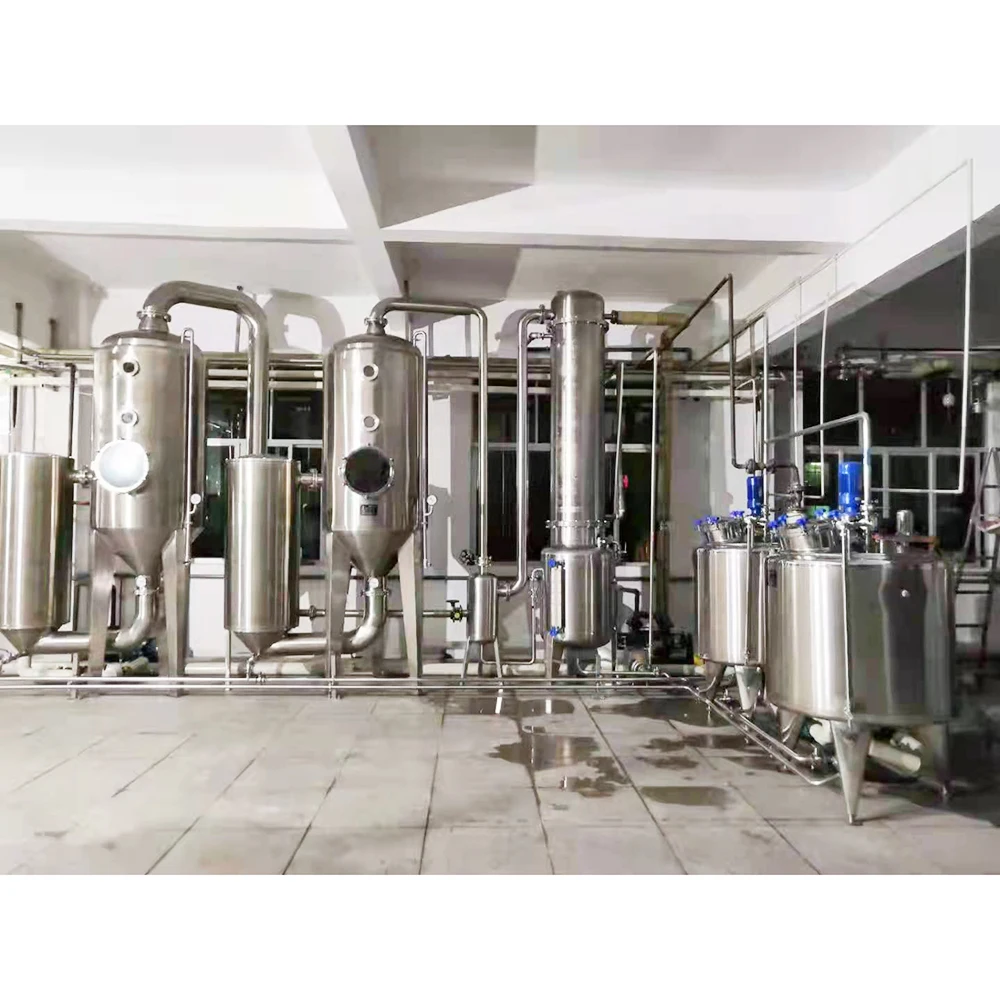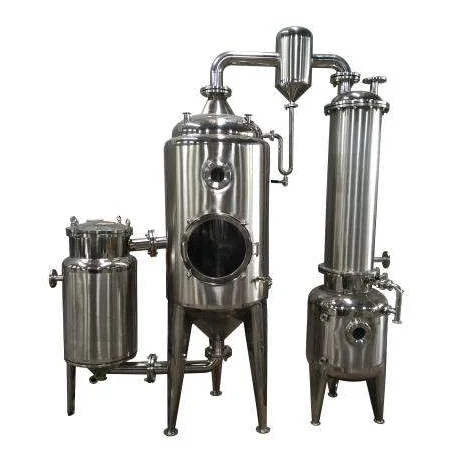ABOUT
Wenzhou Vince Machinery Science Co., Ltd. was established in early 1980s. Our company covers an area of 6500 square meters and is an independent legal representative firm, possessing rich economic technology strength. Our company is a high tech enterprise and plays an important role in national dairy, foodstuff, pharmacy and machinery industries. We are a beverage machinery supplier.
Since the establishment, our company has mainly engaged in dairy products, foodstuff, beverage machinery, bean products, yellow wine, medicines and fermentation projects. What's more, our company supplies a complete sequence services in manufacturing, installation, test and personnel train, as well as the whole direction service design and consulting service on product project construction or enlargement artistic distribution engineering sets budget.
The Mashing Tank A Brewing Essential
Whether you're a seasoned homebrewer or just starting your journey into the world of craft beer, understanding the importance of the mashing tank is crucial. This seemingly simple vessel plays a vital role in transforming raw grains into fermentable sugars, the foundation of your delicious beer. Let's dive into the world of the mashing tank and uncover the secrets behind its essential role in the brewing process.
The Mashing Process
The mashing process itself is a fascinating chemical reaction. Here, crushed grains, known as grist, are mixed with hot water in the mashing tank. This creates a sugary liquid called "wort," which is then boiled and fermented to produce beer. The ideal temperature range for this process, typically between 149°F and 158°F, is crucial. Different enzymes within the grains activate at specific temperatures, converting starches into fermentable sugars. This careful control over temperature is key to extracting the right balance of sugars and flavors from the grains.
Types of Mashing Tanks
Mashing tanks come in a variety of shapes and sizes to suit different brewing needs. For homebrewers, simple plastic or stainless steel containers are readily available. Larger commercial breweries utilize sophisticated systems, often incorporating automated temperature control, recirculation pumps, and filtration systems. However, regardless of their design, all mashing tanks serve the same fundamental purpose: to create the perfect environment for enzymatic conversion.
Key Features of a Mashing Tank
A good mashing tank should offer specific features to ensure a successful brewing process. These features include sufficient volume to accommodate the mash, insulation to maintain temperature, a method for stirring the mash to ensure even heat distribution, and a way to drain the wort once the mash is complete. Some more advanced systems even offer features for sparging, a process that washes the remaining sugars from the grains for maximum efficiency.
The Importance of the Mashing Tank
In essence, the mashing tank is the heart of the brewing process. It's where the magic happens, where the raw ingredients are transformed into the building blocks of your final beer. A well-designed and well-maintained mashing tank can make a significant difference in the quality of your brew. It allows for precise temperature control, efficient extraction of fermentable sugars, and ultimately, the creation of a delicious and rewarding beer.
SUBSCRIBE
INQUIRY




